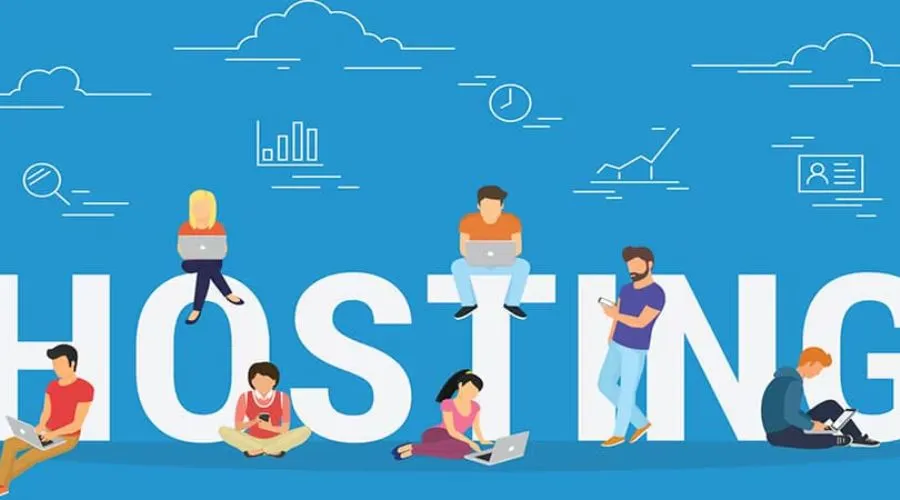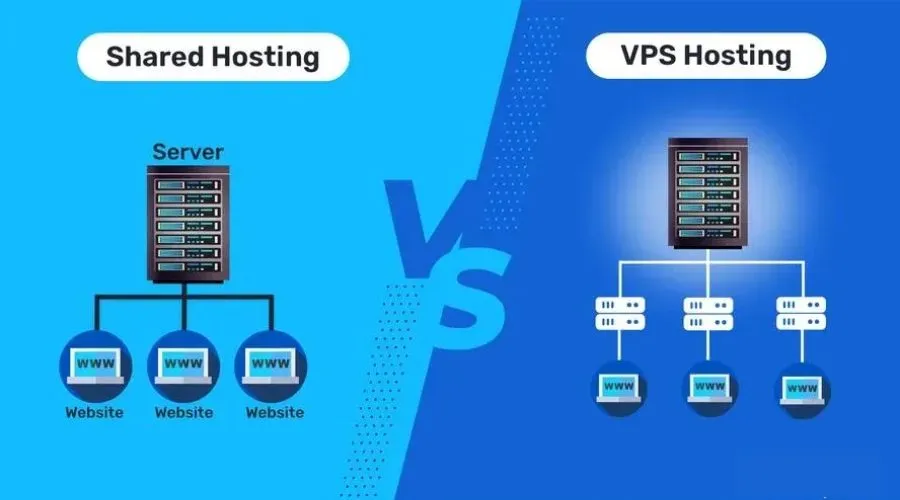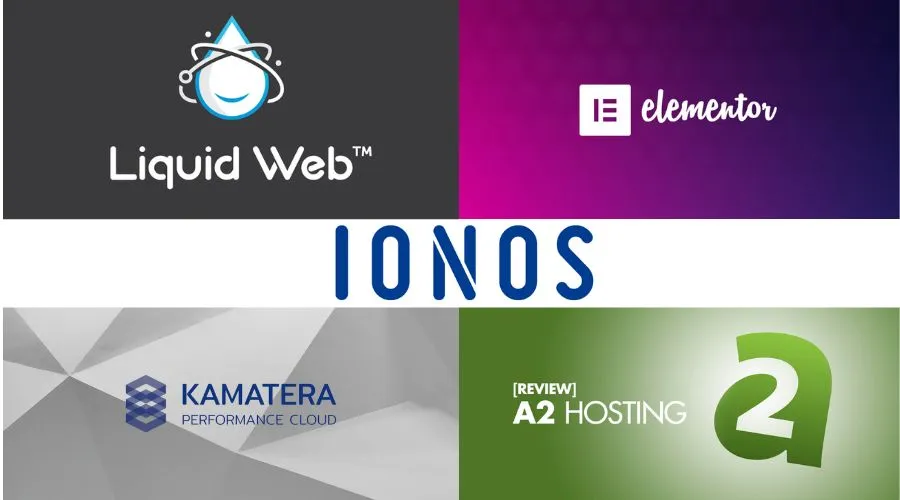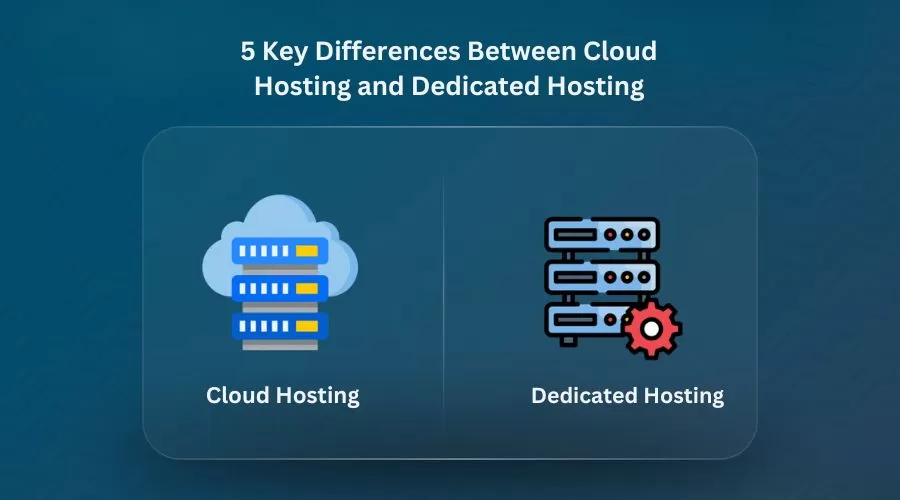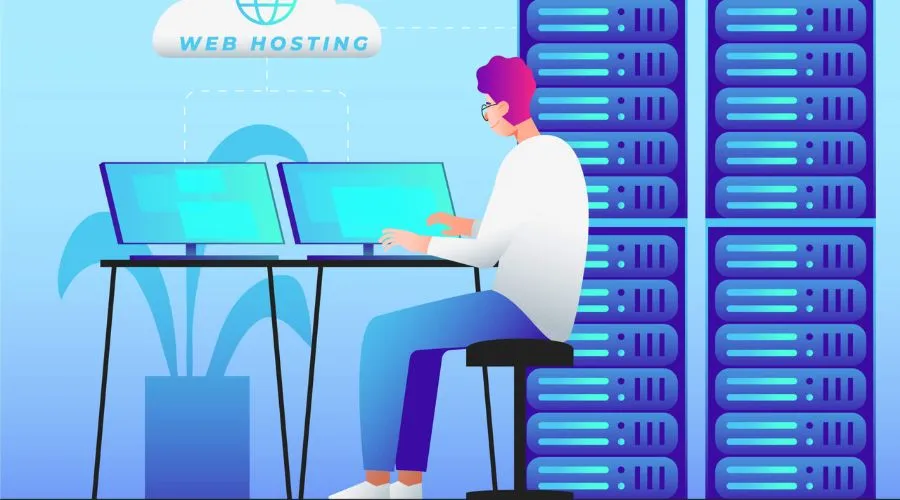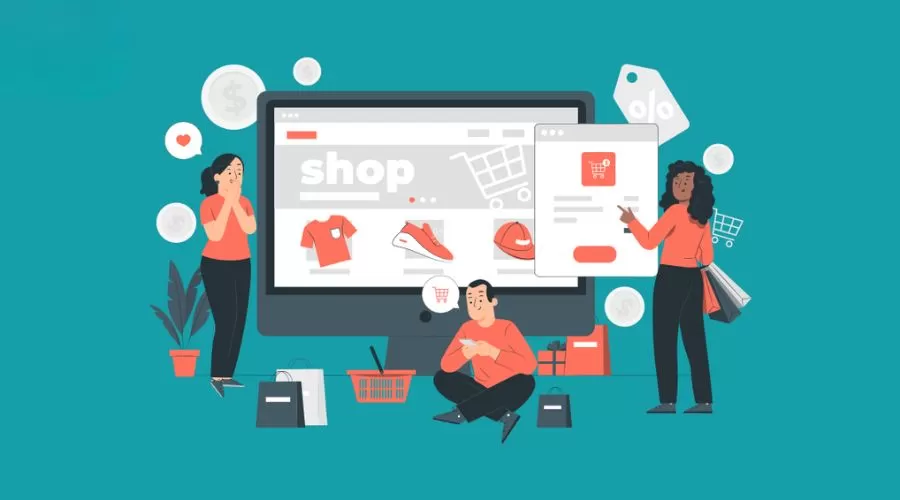Still, figuring out how important an antivirus can be for your system? Well, let me clarify that an antivirus is an essential component of your laptop. Shield your computer with a strong firewall like McAfee without having a second thought regarding those baseless antivirus myths. You need a last line of defense against attacks that …
Antivirus Myths: 5 Misconceptions About An Antivirus Software
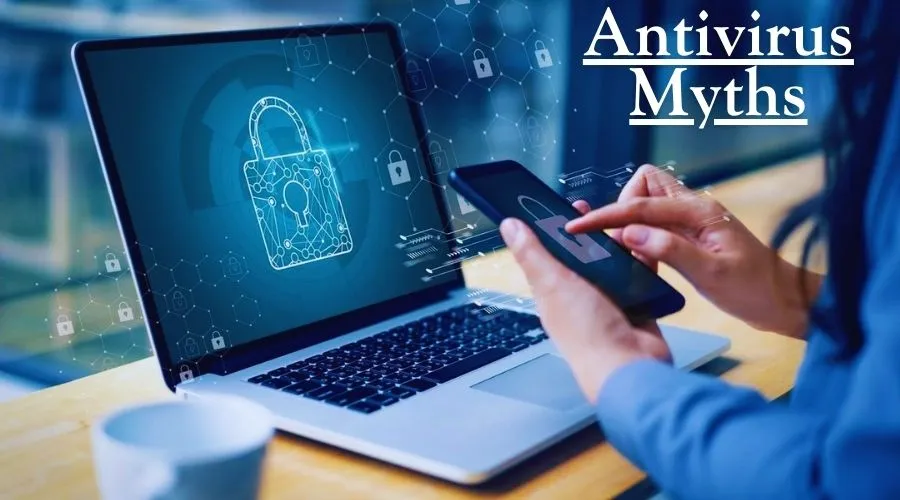
Still, figuring out how important an antivirus can be for your system? Well, let me clarify that an antivirus is an essential component of your laptop. Shield your computer with a strong firewall like McAfee without having a second thought regarding those baseless antivirus myths.
You need a last line of defense against attacks that use malicious code to steal or damage your data, no matter whether you work for the biggest company in the world or use a small personal laptop.
Scroll down to the end of this article and learn everything about the misconceptions about antivirus software.
List Of 5 Antivirus Myths That Prohibit You From Buying An Antivirus
It is impossible to distinguish a virus from an actual file by simply looking at it, and hackers target any device that is prone to attack. To help you better understand antivirus protection and its necessity, we will divide myth from reality in this article.
Misconception 1: Antivirus Software Provides 100% Protection
The belief that antivirus software provides total defense against all threats is one of the most common antivirus myths. Despite their ability to identify and remove a wide variety of malware, antivirus software is not flawless. New threats are continually being created by cybercriminals, some of which may get prior established security measures. Users should use a multi-layered security approach to optimize protection. This includes utilizing firewalls, enabling multi-factor authentication, updating software, and adopting safe browsing practices. Users can feel overly secure if they only use antivirus software, which leaves them open to advanced attacks.
Also Read: 5 Mistakes To Avoid When Selecting A Web Hosting Plan.
Misconception 2: Free Antivirus Software is Just as Good as Paid Versions
Many consumers think that free and paid antivirus programs offer the same degree of security. Basic protection against known viruses can be provided by free antivirus software, but advanced functions like real-time scanning, ransomware protection, and phishing detection are frequently absent. Usually, more complete security features, such as firewall protection, secure browsing tools, and customer support, are included in paid versions. It is a smart move to purchase a premium antivirus program if you handle sensitive data or use your computer for professional reasons. Though they are better to no protection at all, free versions might not be enough for users who require more security.
Misconception 3: Antivirus Software Slows Down Your Computer
Users frequently worry that antivirus software causes their systems to operate much more slowly. Modern antivirus software is made to work effectively in the background without causing significant slowdowns, unlike older antivirus programs that were known for using a lot of system resources. Known antivirus software like MacAfee reduces its effect on performance by using cloud-based threat analysis and optimized scanning methods. Furthermore, the majority of programs let users plan scans for suitable times, ensuring that productivity is not heavily impacted. Upgrade your system hardware or move to a less powerful security program if your antivirus is causing noticeable lag.
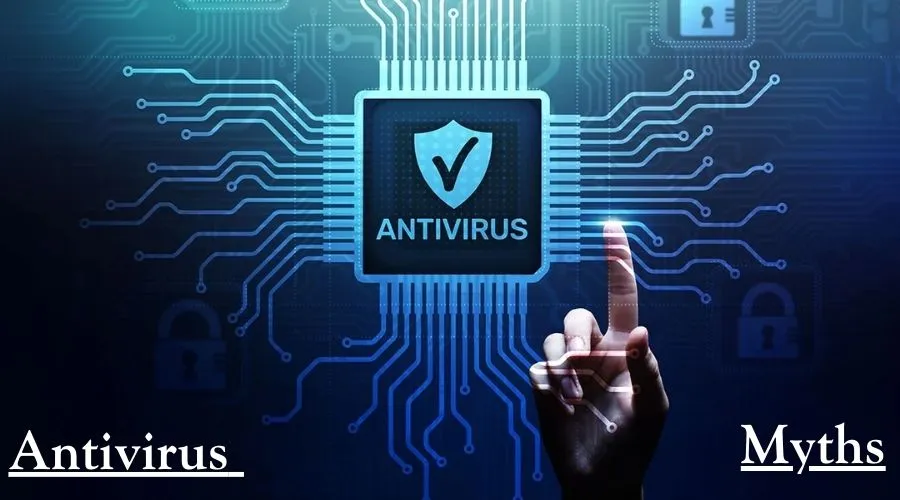
Misconception 4: Antivirus Software is Only Necessary for Windows Users
It’s one of the popular antivirus myths that only Windows users require antivirus software, and that Linux and Mac systems are safe from attacks. Other operating systems are not immortal, even though Windows devices have historically been the main target for malware due to their widespread use. In recent years, phishing and malware attacks on Mac computers have increased. In a similar vein, Linux systems are susceptible to specific threats yet their permission-based architecture makes them generally more secure. Users should use cybersecurity best practices and think about installing an antivirus program for extra protection, regardless of the operating system.
Misconception 5: You Don’t Need Antivirus Software if You’re Careful Online
Some users think they don’t need antivirus software as long as they stay away from suspicious websites and don’t download unknown files. Safe browsing practices greatly lower risk, but they do not completely remove the chance of running into malware. Email attachments that appear trustworthy may contain hidden dangers, and even trustworthy websites can be compromised. Additionally, before software vendors release patches, cybercriminals can take advantage of zero-day attacks, which are security flaws that have not yet been discovered. By identifying and eliminating threats that users might not even be aware of, antivirus software offers a crucial safety net.
Final Thoughts
Although antivirus software is essential for safeguarding computers and private information from online attacks, there is no universal approach. Users can choose their cybersecurity strategies more wisely if they are aware of their strengths and weaknesses. Users can greatly lower their risk of becoming victims of cyberattacks by combining antivirus protection with other security measures like software updates, strong passwords, and cautious online behavior. By clearing up these widespread antivirus myths, people and organizations can approach cybersecurity more actively. The secret to staying safe online in a constantly changing digital environment is being aware and alert.
FAQ
1. Does antivirus software make my device invincible?
A. No, antivirus software helps protect against threats but isn’t foolproof. Safe browsing habits and regular updates are essential for full security.
2. Do Macs and smartphones need antivirus software?
A. Yes! While they face fewer threats than Windows PCs, they are still vulnerable to malware and phishing attacks.
3. Does antivirus slow down my computer?
A. Modern antivirus software is optimized for minimal impact on performance.
4. Is free antivirus software enough?
A. Free versions offer basic protection, but premium versions provide stronger security.
5. Can antivirus software remove all threats?
A. Not always—some sophisticated malware requires specialized tools.




